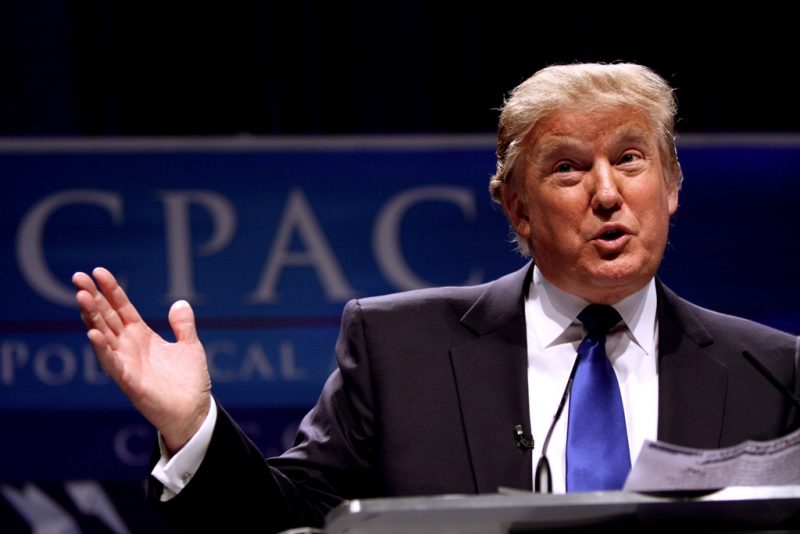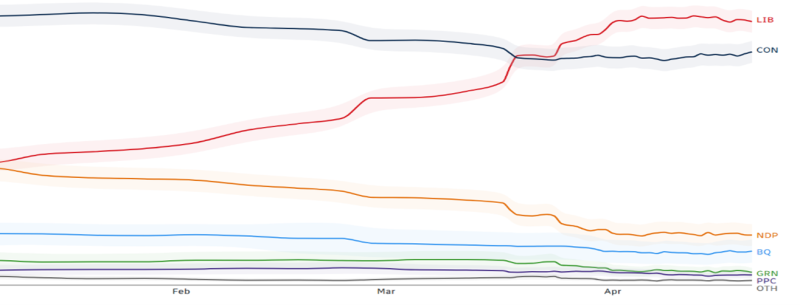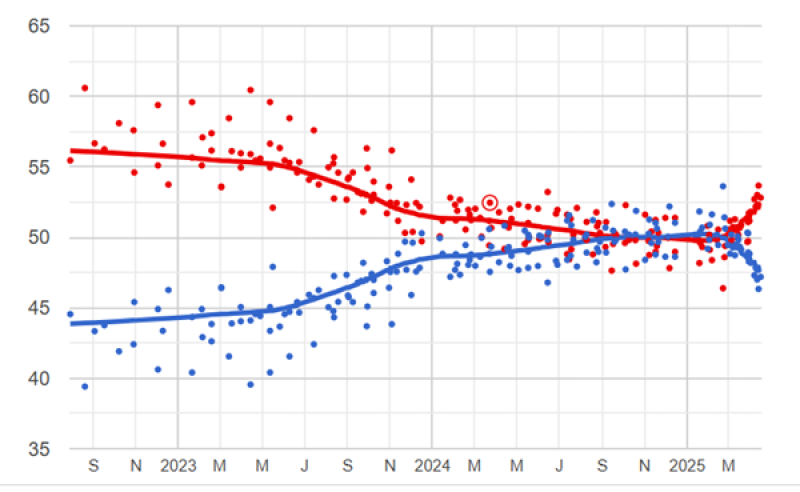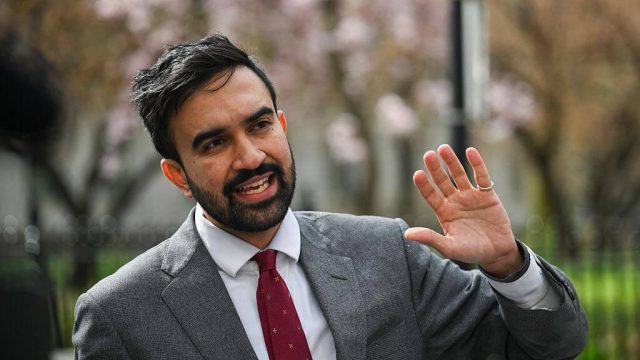Politicians, positioning and green election policies in a Trump 2.0 world
We consider how politicians are responding to Trumpworld – and find them largely failing to make the case for greener and fairer economies

Incumbent leaders who campaigned on their economic record without improving social progress suffered at the polls in 2024. However this curse of incumbency at a time when the IMF predicts a decline in economic growth globally may be changing. Mainly, in response to how politicians are positioning themselves in response to Trump and his green economy policies – or lack of them.
Enter the Orange One, Dial down the Green Rhetoric
The chaos of the first 100 days or so of the Trump 2.0 administration – far from unleashing a wave of populist fervour around the world, as some had feared / hoped – seems instead to be helping progressive, centrist, and incumbent candidates. From Singapore to Canada, liberal parties are positioning themselves against a volatile and unpredictable Trump, and reaping the rewards.
In Canada, Pierre Poilievre’s Conservative Party’s suffered a “stunning reversal” from late last year, when they were riding a 20-point lead in national polls and were well on track to trounce the Liberals, who were deeply unpopular after nine years in government.

Polling in Canada shows falling support for Conservatives and a rise for the encumbent Liberals.
But
that was before President Trump’s tariffs and comments about annexing
the country – provoking a defiant response from Canadian PM Mark Carney.
Carney has in many ways defined himself against Trump rather than seek a
popular mandate to do the difficult, necessary and important things.
In
Canada’s 2021 election, “the environment topped the list of voter
concerns,” and “there was a consensus between the two major parties that
Canada should rapidly transition to a green economy.” But climate
change has not been a central talking point of the 2025 campaigns, even
for Carney, a former special envoy on climate action and finance to the
United Nations.
Australian elections
Meanwhile, the economy was at the forefront of many Australian voters' concerns as they too headed to the polls this past weekend. With a housing crisis, high interest rates and cost of living pressures all on the agenda, Australians were faced with a choice between a MAGA-style right, and a relatively timid (yet disciplined) left.
In Australia, the centre-right National Coalition began a gradual climb in the polls in 2023. By late last year, it had passed Labor in popularity, and seemed primed to continue its rise.
But the numbers fell off a cliff in February this year — just after Trump's inauguration and as the US president launched his trade war. As Trump has become increasingly unpopular in Australia, support for Peter Dutton and his Coalition has dropped.

Australia with its compulsory voting system has given the new government a compelling victory. But remains to be seen whether this mandate can be harnessed for a green and fair transition. The “Trumplash” is papering over the need of progressives to innovate in the development of green and fair policies, for now and the future, and win a mandate for real change.
Voters Are Ahead of the Politics
People are not waiting for permission to care about climate change, inequality, or environmental degradation. They experience the effects daily — in floods and wildfires, rising energy and food prices, insecure jobs, and polluted air. They seek leadership that offers solutions rooted in justice. Populists recognise this.
While populist policies are often contradictory or ineffective to their stated intentions, they provide a clear and compelling -to some, picture of returning to more stable “fairer” times. The green economy can provide an alternative just vision of the future. Unfortunately the majority of politicians are failing to meet this moment, and instead offering policies that are incremental and technical, missing the hunger for greater justice and the real anxiety, stress and anger felt by many.

Our institutions are failing people and the planet. Renewing our institutions is work that must be taken by every generation, we need to correct the failures of the past, address the needs of today and build for the future. By avoiding making a clear case for greener economies and winning a mandate for this, politicians are missing the opportunity to be bold and radical. Voters are crying out for change and harnessing their votes in protest with the status quo.
We are starting to see some indicators suggesting possible backsliding of popular support. From a narrative perspective we need to challenge this, if we don’t the free rider fallacy will to take a hold. And to believe that other people don’t care or are not trying to take climate steps, will only reduce momentum and depress action further.
The world is united in its judgment about climate change and the need to act -now is the time for optimism and momentum building. Governments, elected politicians must build on these foundations to create the conditions for greater social and environmental justice as we transition. . To do that we need to address the fear and binary thinking that is seeping into our politics and our public narrative. Politicians need to be braver and bolder in painting a compelling vision founded on the beliefs that many voters already have. We cannot lose faith in the future and we must show that we can shape it for the better. The case for a positive creative green and fair collective response needs to continue to be made, we need optimism, innovation, and community.
Conclusion
We know that people around the world want action on climate. This mandate for tackling climate breakdown shows up consistently across many different polls, across different countries, from different researchers, on different aspects of climate interventions.
But as wiser people than me have said, “facts are for losers”. People act on emotions not logic and so, politicians need to continually persuade recognising both feelings and facts.
Having a green and fairer economy on the ballot could be a pathway towards the lasting change that many people are hungry for. Policies that promise a change in living standards, a reduction in bills, a promise of greater economic security, clean air and rivers – these are all vote winners if combined with authentic politicians and effective communications and engagement strategies.
A thriving economy must work for people, planet, and prosperity. We need politicians around the world, to recognise, nurture and embrace this agenda. And be rewarded for it.
- Jean McLean, GEC


